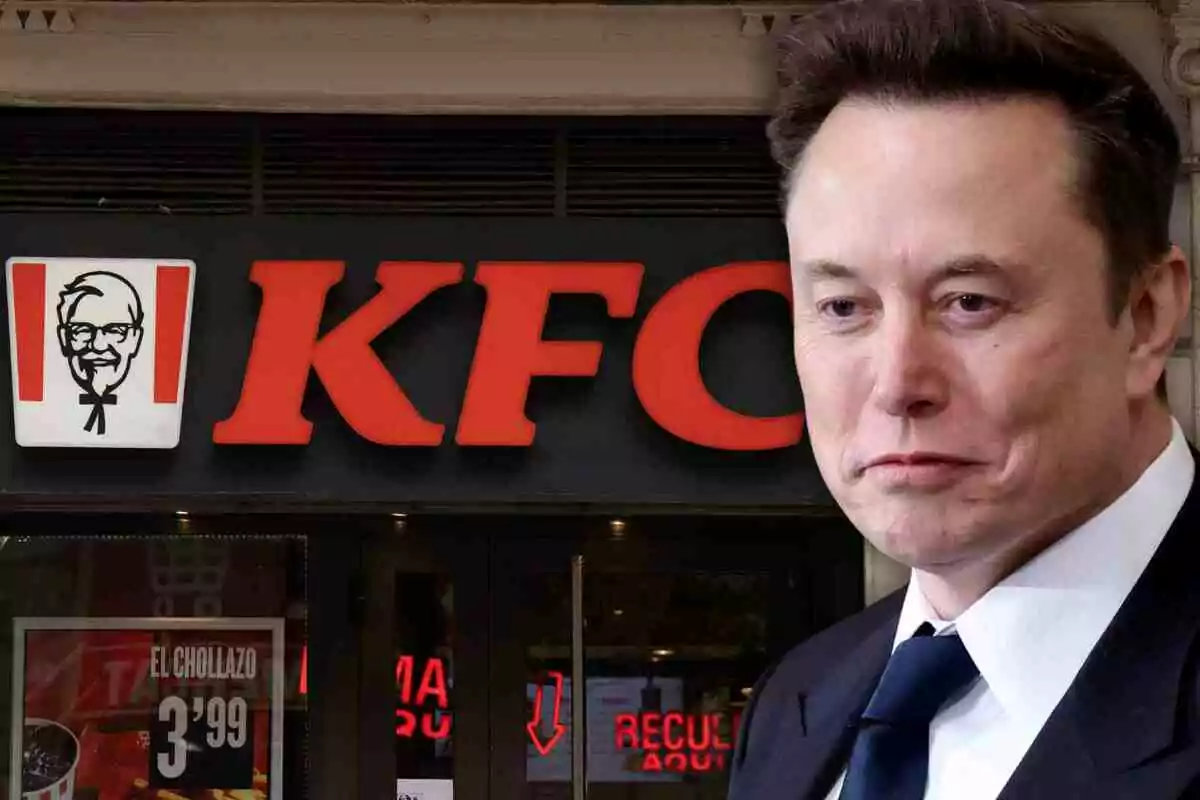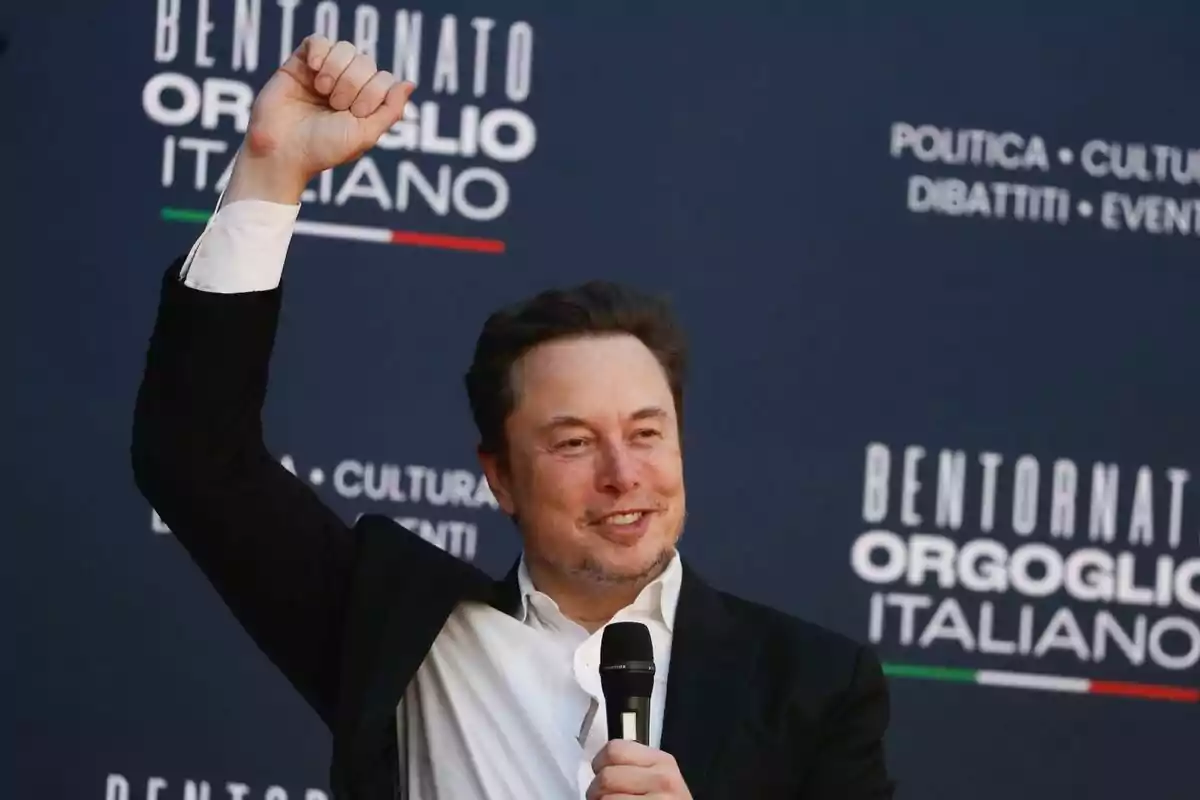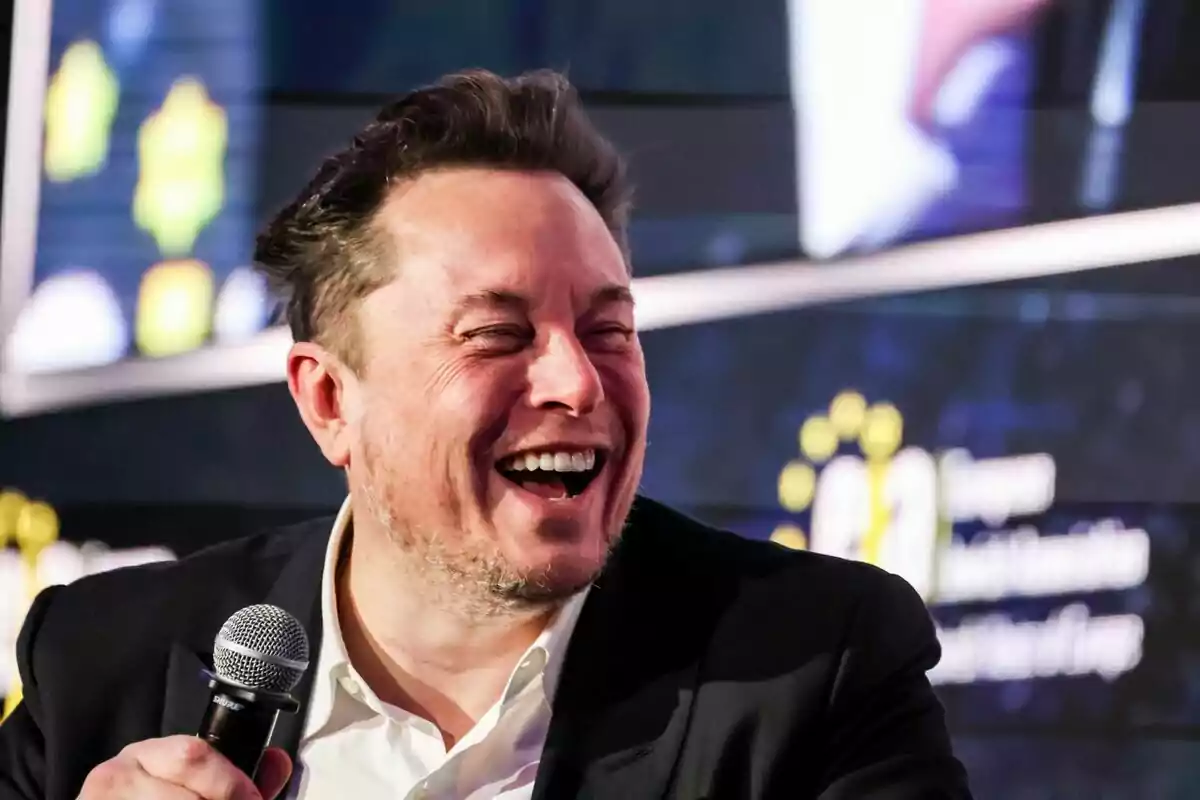
McDonald's, KFC, or Burger King employees, speechless: what Elon Musk says
Tesla's CEO is once again revolutionizing the labor market with a proposal that has left everyone breathless
In a surprising turn, Silicon Valley magnates Elon Musk and Sergey Brin have put forward proposals suggesting extremely long work hours, challenging modern labor regulations. This has caused great concern among employees and wellness experts. With their vision of work, the two entrepreneurs are calling for a return to more intense work models.
Musk and the controversial 120-hour weekly proposal
Elon Reeve Musk has sparked strong criticism by proposing that employees of his organization, the Department of Government Efficiency (DOGE), work up to 120 hours a week. This translates to workdays of more than 17 hours daily, seven days a week. This proposal leaves no room for rest, personal life, or family activities.

Musk compared DOGE employees to traditional public officials, whom he labeled as "bureaucratic opponents." In a message posted on X (formerly Twitter), Musk expressed his desire for workers to adopt an extreme work mindset. In an even more concerning twist, DOGE opened a call for young people willing to work more than 80 hours weekly without pay, which has raised serious concerns about labor exploitation.
Sergey Brin also joins the extreme work model
Meanwhile, Sergey Brin, co-founder of Google, has adopted a similar stance regarding the workweek. In a leaked memo, Sergey Brin recommended that employees in charge of developing the Gemini artificial intelligence increase their workweek to 60 hours. In his message, Brin highlighted that working 60 hours a week would be "the sweet spot of productivity," which would involve working 12 hours daily from Monday to Friday or even more.
Brin's return to Google in 2023, after his departure in 2019, is also marked by his focus on artificial intelligence. In his memo, he criticized those employees who work less than 60 hours, calling them "unproductive" and blaming them for demotivating the rest of the team. This reflects growing pressure on employees, who might feel compelled to work more hours to meet the expectations of top executives.

The race for artificial intelligence and its impact on workers
Experts point out that these extreme proposals are directly related to the fierce competition in the development of Artificial General Intelligence (AGI). A technology that could match or surpass human cognitive abilities. Brin mentioned that Google needs to "supercharge its efforts" to win this race, which justifies the workload for developers.
Although it is proven that long work hours affect workers' physical and emotional health, the ambition to dominate the AI market seems to outweigh this. Instead of hiring more staff to alleviate the workload, tech giants like Google and Tesla have opted to put even more pressure on their teams.
Meanwhile, Google has stated that increasing work hours "is not on the table." However, internal pressure within companies continues to grow, which could mark a significant setback in the work-life balance that so many seek to offer.
More posts: